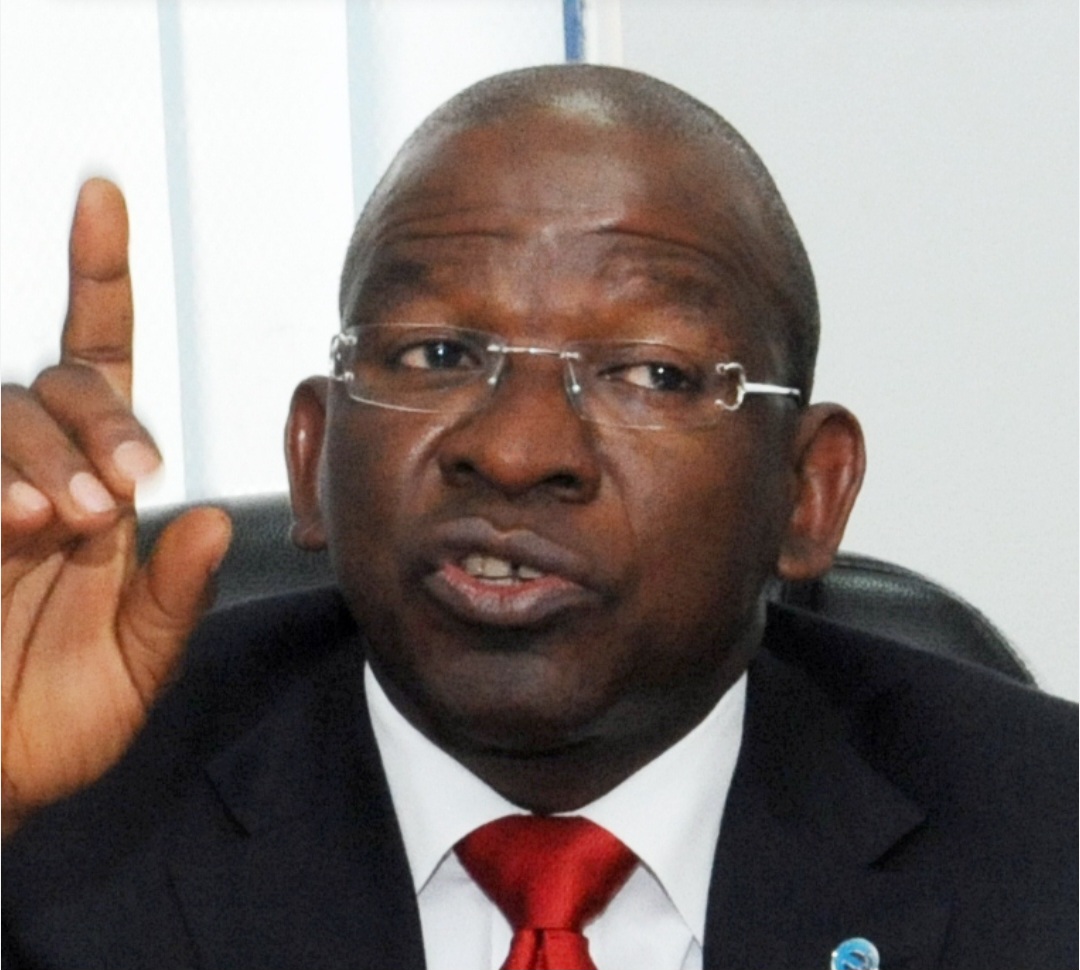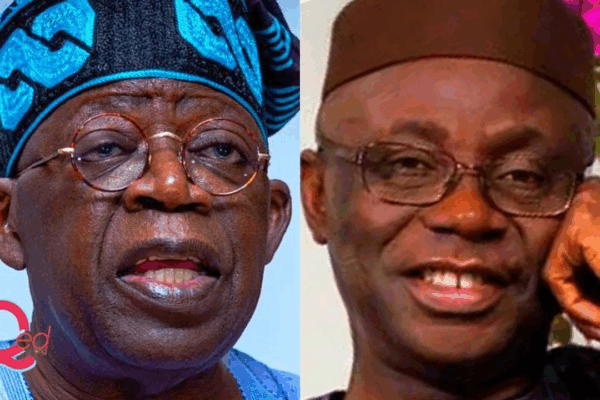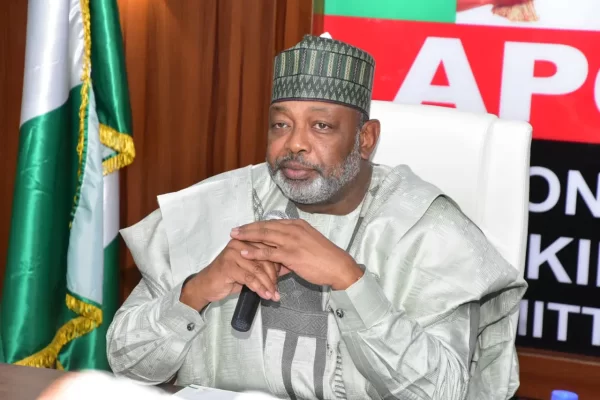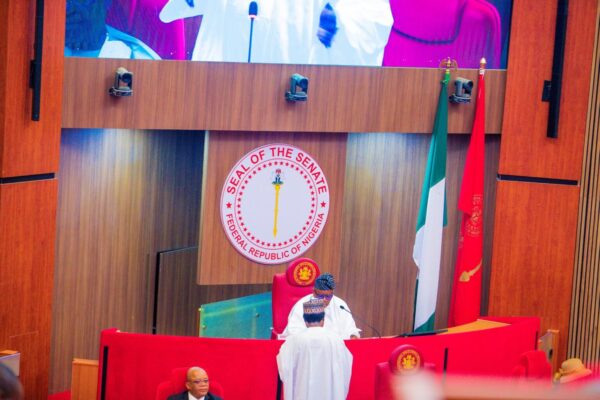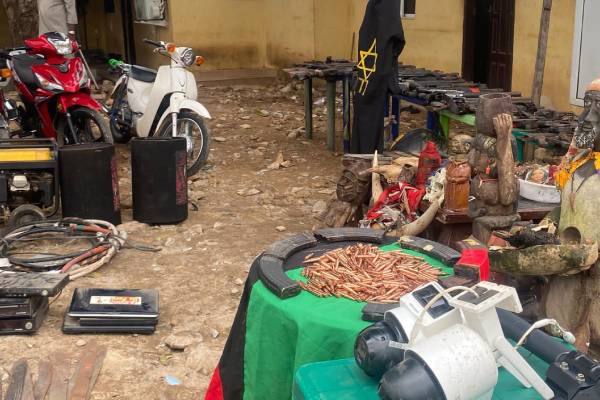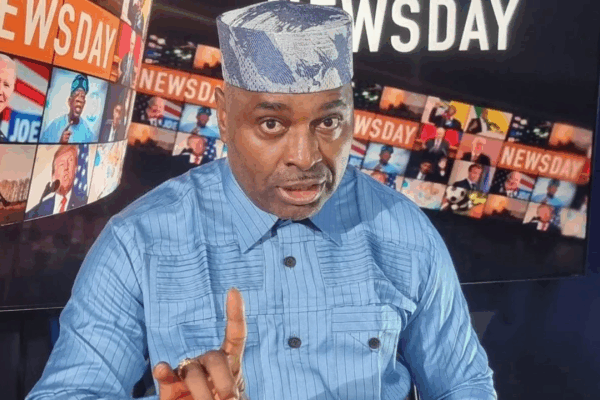
IGP Applauds Gov. Diri’s Honours for Police Officer of the Year
By kamal yalwa: July 26, 2025 The Inspector-General of Police (IGP), Kayode Egbetokun, has commended Bayelsa State Governor, Douye Diri, for hosting a high-profile state banquet in honour of Superintendent of Police (SP) Sentome Obi, the recipient of the Police Officer of the Year 2024 and the prestigious IGP Integrity Award. The celebratory event, held in Yenagoa, was described by the IGP as a significant gesture that promotes honour, courage, and ethical excellence within Nigeria’s law enforcement community. SP Sentome Obi, who hails from Bayelsa State, currently heads the Financial and Cybercrime Unit at Zone 16 Command, Yenagoa. He garnered national recognition after he rejected a $17,000 bribe intended to derail a sensitive criminal investigation—an act that earned him accolades for integrity and professionalism. In recognition of his exemplary conduct, Governor Diri presented SP Obi with a brand-new car and a fully furnished three-bedroom bungalow, highlighting the state’s appreciation for upright public service. The IGP praised Governor Diri’s gesture as a “watershed moment” in ongoing efforts to embed a culture of accountability and integrity within the Nigeria Police Force. “This recognition is not only well deserved, but it also sets a new standard for public service and moral leadership,” IGP Egbetokun said. The honouring of SP Obi aligns with the IGP’s broader vision to reposition the Nigeria Police Force as a modern, ethical, and community-trusted institution. According to Egbetokun, such recognitions inspire officers across the country to uphold the core values of honesty, service, and professionalism.

